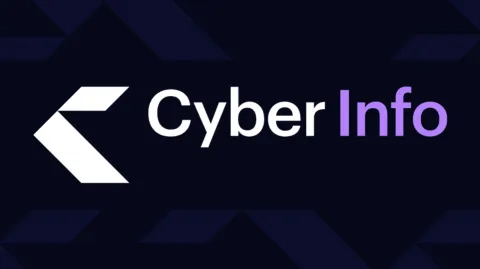What do I need to do to land a job in an SOC as a relative beginner?
I want to work in an SOC. Until recently, I was a physical "SOC Analyst" for a Fortune 50 company. My department was odd in that we looked for physical threats to assets rather than cyber threats, and now I'm looking to bridge the gap between that and normal SOC skills and break into the cybersecurity/typical SOC field. I have the smallest touch of coding experience - I understand all of the logic and basic types of functions at least - and a decent degree of IT & troubleshooting, and have security experience.
After doing some exploring, I've learned:
- Blue team is what we call the "defense" team. I think this is the side I'm looking to join.
- I need to know EVERYTHING about DNS.
- I should be able to read logs.
- I need to work on home labs at a minimum and possibly certs as well to demonstrate competency at an entry level
My immediate questions are mostly focused on how/where can I learn these skills (or any other necessary skills I missed):
- Is there anything else that I need to do to get an SOC job?
- Where's the best place to learn? Are there any "roadmap to SOC" type courses or guides? I'm a little intimidated.
(sorry this took so long @weet! I wanted to read up a bit so I knew what to ask)
After doing some exploring, I've learned:
- Blue team is what we call the "defense" team. I think this is the side I'm looking to join.
- I need to know EVERYTHING about DNS.
- I should be able to read logs.
- I need to work on home labs at a minimum and possibly certs as well to demonstrate competency at an entry level
My immediate questions are mostly focused on how/where can I learn these skills (or any other necessary skills I missed):
- Is there anything else that I need to do to get an SOC job?
- Where's the best place to learn? Are there any "roadmap to SOC" type courses or guides? I'm a little intimidated.
(sorry this took so long @weet! I wanted to read up a bit so I knew what to ask)
